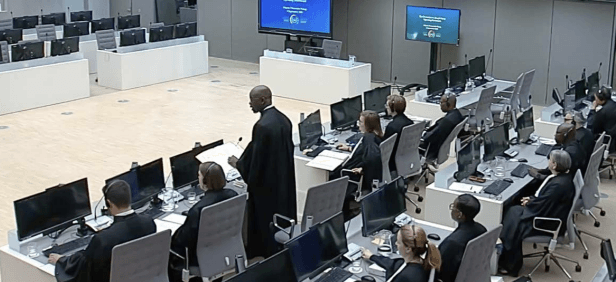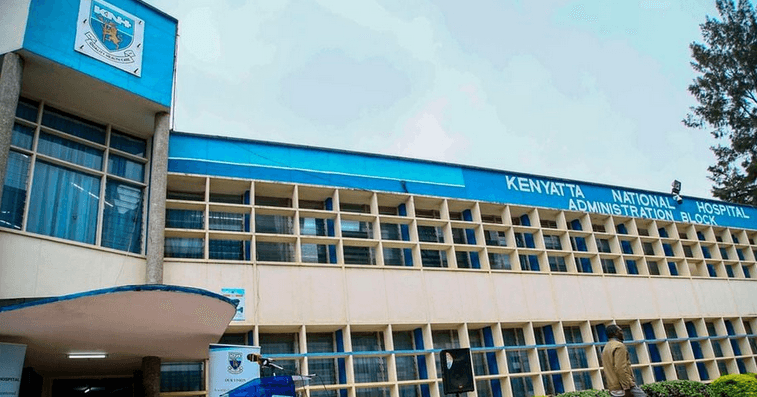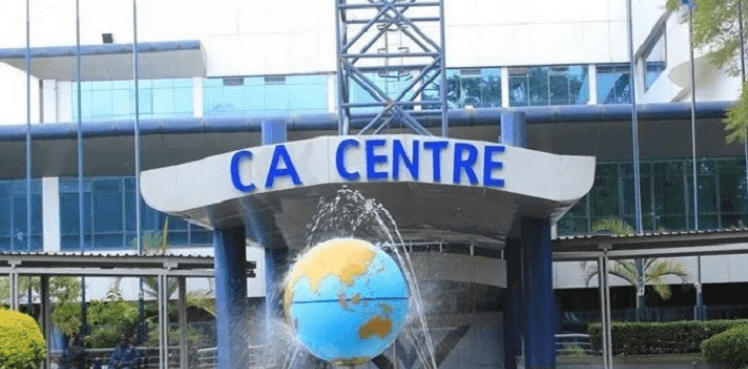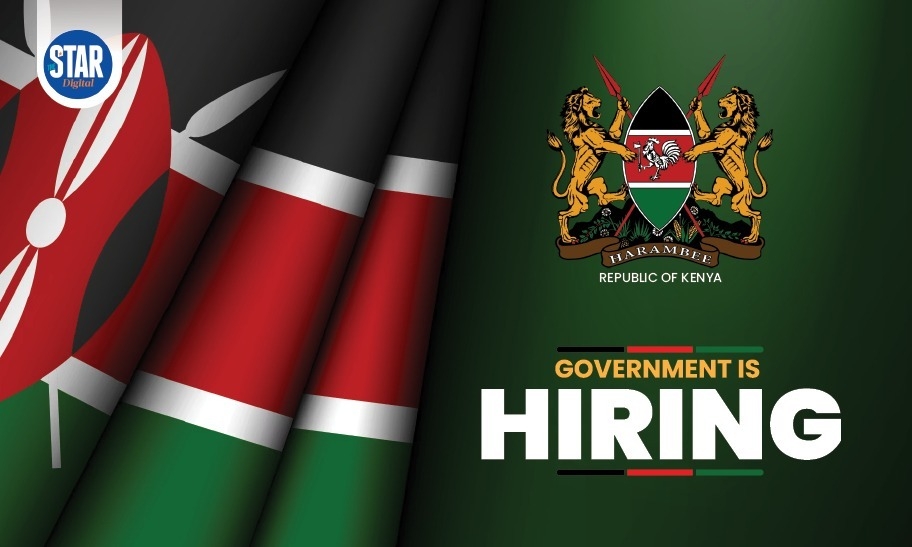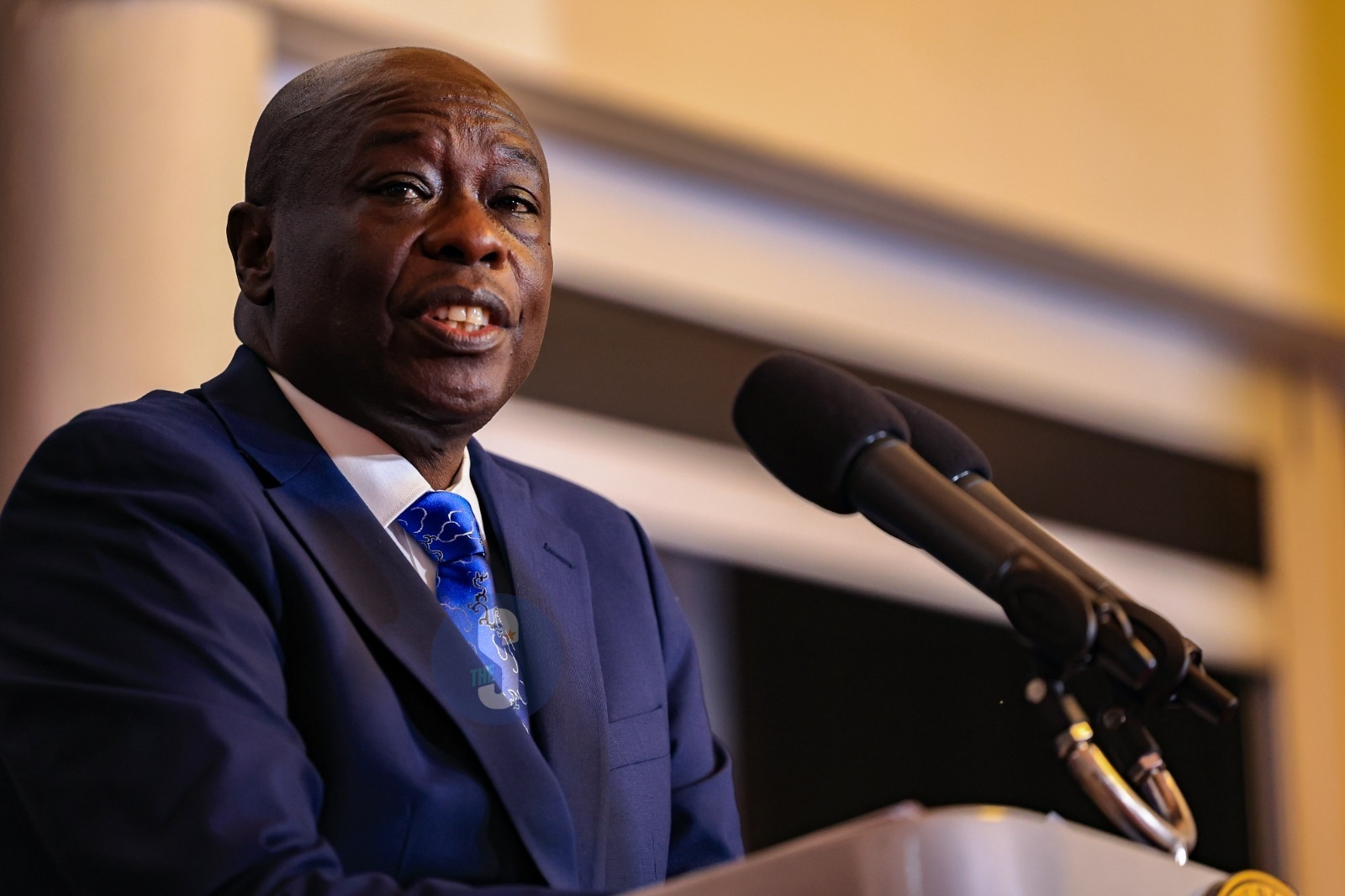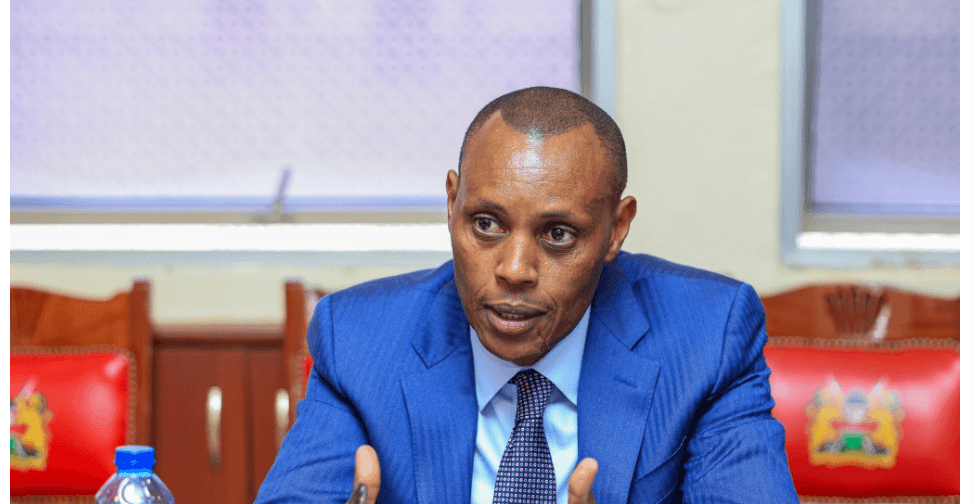To address existing and emerging challenges in the provision of adequate necessities among others, food, shelter, proper education and a clean and healthy environment for its growing population, Africa is exploring the potential of Space Science technologies for sustainable solutions to these problems.
The space sector is not only a high-end technology sector but also provides the tools required for effective decision-making in the effective management of Africa’s natural resources, sustainable agricultural practices and essential communication linkages, especially to the rural communities.
Access to sound and secure spatial data for decision-making requires an indigenized space programme and local capabilities.
Developing adequate regional space capability has for a long time been hampered by the heavy capital-intensive nature of the space sector and the lack of formal governance structures to advance collective effort.
The African Union has developed a framework to enhance the uptake of space science technologies to leverage their strategic value in advancing Africa’s socio-economic, political and environmental agenda.
The vision of the African Outer Space Program is to create a well-coordinated African effort on space activities in Africa, ensuring that the derived services are responsive to the continent’s socioeconomic and environmental needs while remaining globally competitive.
The African Outer Space Flagship cuts across the seven Aspirations of Agenda 2063.
Significantly, the African Union led the development of the African Space Vision in consultation and collaboration with strategic stakeholders who articulated the needs of the African citizenry.
A policy and strategy are now in place to guide the implementation roadmap of straightening the African Outer Space Program. The African Space Agency as an organ of the African Union was formalized through a Statute.
In 2022, the African Union Commission was mandated by the Assembly of Heads of State and Government to start operationalizing the Agency in three phases beginning in 2023.
In parallel, the Commission has been implementing the Global Monitoring for the Environment and Security & Africa (GMES & Africa), a flagship programme of the African Union Commission in partnership with the European Commission.
The GMES & Africa programme has built a network of over 160 African institutions from 46 African countries focused on strengthening African capacity in Earth Observation (EO) and its applications to support socio-economic, political and environmental development.
Moreover, GMES & Africa has positively transformed the way of work; under this programme, beyond policy formulation and advocacy.
The program coordinates the implementation of programmatic activities that apply space-derived information to real situations that realise services that improve livelihoods.
The key role of the African Union Commission is to monitor and coordinate the delivery of services to ensure they have a positive impact on the community from a socio-economic development dimension.
It is worth noting that, the African Space Economy is estimated to be worth over USD 20 billion and is projected to grow steadily with a Compounded Annual Growth Rate (CAGR) of 7 per cent to reach USD 26 billion by 2025.
The industry has a workforce of about 20,000 people. As a result, space has become a strategic tool for Africa’s sustainable growth. The exponential growth from the past decade has witnessed more than 20 satellites launched by African states since 2016, bringing the total to about 45 satellites as of 2023.
There are over 114 satellites currently under development by different countries. By 2025, it is estimated that approximately 160 satellites will have been launched by African countries.
Importantly, space technology has gone through miniaturization and proliferation of lean (small) satellites, significantly turning around the continent and enabling it to leapfrog.
Traditionally, satellites weighed at least one tonne and took years of work and millions of dollars to develop. Small satellites have similar capabilities, but they cost much less and take a shorter time to develop. Africa has capitalized on the affordability of small satellites to develop its foundational capacity. This has created a ripple effect in the industry.
As a result, some NewSpace companies are now exporting hardware manufactured in Africa, supporting the global supply chains for organizations like NASA, a radical shift from tradition.
There are over 220 downstream NewSpace companies in 31 African countries using EO technologies to render services, including digital mapping, remote sensing, and geospatial application, among others.
Over 80 space application projects are currently being implemented across the continent, in EO and satellite communications.
The growth in this sector is encouraging and gradually, more countries are putting massive investment into space technology.
Consequently, from a community perspective, citizens are yearning for synthesized information that they can easily understand.
Decades ago, knowledge gaps existed between scientists, policymakers and the population, mostly because scientific information was too complex for ordinary citizens.
However, over time, scientists have appreciated the need for breaking down complex information into simple illustrations and briefs that are customized for each audience through the citizen science approach.
Essentially, the major shift from technology push to participatory co-designing of services between scientists and end-users is leading to a convergence: whereby the public gets to understand the processes, and the science community understands the real needs of the communities. As a result, the public is becoming more aware of space services.
The convergence of technologies such as mobile applications and space services is also contributing to public awareness.
In conclusion, Africa cannot afford to remain a net importer of space technologies as in the long term this will limit socio-economic development and negate the African Union’s vision of "An integrated, prosperous and peaceful Africa, driven by its citizens and representing a dynamic force in the global arena”.
Meshack Kinyua is th Space Applications Training Officer at the African Union Commission Department of Education, Science, Technology and Innovation.
Nancy Marangu is a Policy & Strategy Specialist.


